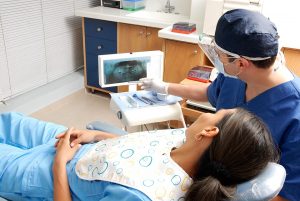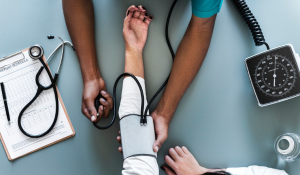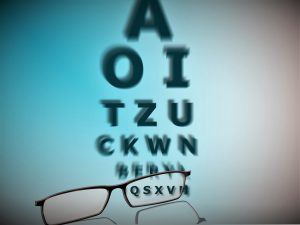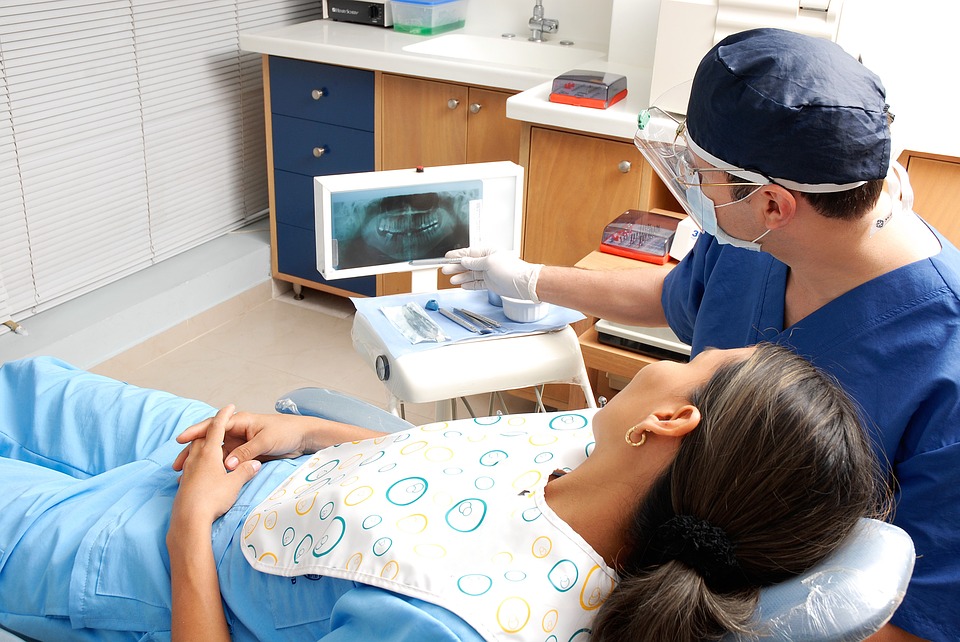Health Checks To Book Today
Most of us know that eating well, getting enough sleep and exercising on a regular basis will stand us in good stead, but there are other ways to protect and boost your health. One of the most important is keeping up to date with health checks. If it’s a been a while since you set foot inside a clinic or a surgery, here are some appointments to book today.

Dental check-up
When was the last time you went to a dentist? If you haven’t climbed into that famous dental chair for at least 12 months, now is the time to pick up the phone and book a routine check. You might assume that your teeth and gums are healthy if you haven’t had toothache or bleeding gums, but often, symptoms of oral health issues can be detected by dentists long before they start to cause problems. With diseases like gum disease and decay, the sooner your dentist can intervene, the better. Dental checks only last a few minutes, there’s no pain involved, and if you get the green light, you won’t have to return for 6-12 months. Dental anxiety is one of the most common fears, with around 1 in 10 adults experiencing severe anxiety when faced with a trip to the dental surgery. If you feel anxious or nervous, don’t hesitate to speak to your dentist. Dentists have training in caring for anxious patients and they can use techniques and treatments, for example, sedation dentistry, to minimise pain and make you feel more comfortable.
It’s particularly important to arrange a dental appointment if you experience tooth pain, your gums are sore or swollen or you spot blood when you brush your teeth. Routine checks also include oral cancer screening. The number of cases of mouth cancer diagnosed in the UK has almost doubled in the last ten years, and attending routine appointments can help to ensure any abnormal symptoms are spotted as early as possible.

Sexual health tests
Many people feel embarrassed about talking about sex or going to a sexual health clinic. The reality is that sexual health tests may not be hugely comfortable or enjoyable, but they’re really important. In some cases, for example, chlamydia, symptoms are not obvious, and regular tests ensure that any infections can be diagnosed and treated quickly and effectively. You can read more here if you’d like to find out about chlamydia. Sexual health tests are recommended for people who have multiple partners, those considering contraceptive methods that don’t protect against STIs, for example, the pill and the contraceptive implant, and those who have had unprotected sex. Results are available shortly after the test, and you can take a friend with you for moral support.

Blood pressure
Your blood pressure reading gives an indication of the force at which your blood flows through the circulatory system. A normal reading is around 180/120. If your blood pressure is too high, this suggests that the heart is pumping blood with excessive force. High blood pressure, also known as hypertension, is a risk factor for strokes and heart attacks. High blood pressure is often linked to lifestyle factors, including a sedentary lifestyle, being overweight, smoking, and stress, but there are no obvious symptoms. This is why it’s beneficial to have your blood pressure checked regularly. It’s particularly important to have your blood pressure monitored if you have family history of high blood pressure. Low blood pressure can also be dangerous, and it can increase the risk of feeling dizzy and faint. If you have your blood pressure checked by a pharmacist, a nurse or your GP, and the reading isn’t in the healthy range, a repeat test may be ordered. If the test is still abnormal, your GP will discuss potential options with you. In some cases, medication may be prescribed, but eating well, avoiding smoking and drinking alcohol and doing more exercise can lower blood pressure.

BMI
Your BMI is a measurement, which is calculated using your height and your weight. In the majority of cases, the reading will give you an accurate insight into whether or not your weight is healthy. In some cases, for example, professional sports players with high muscle mass, the reading may be inaccurate. If your BMI is too high, for example, you have a reading in the overweight or obese range, the best way to lose weight safely and healthily is to combine physical activity with healthy eating. You can work out your BMI if you have scales at home using an online calculator, or you can visit your local pharmacy or your GP practice. Knowing your BMI is important because being overweight increases your risk of health problems, including type 2 diabetes and heart disease.

Eye test
Many of us take our vision for granted. The trouble is that even if you think you see perfectly well, there may be changes in your eyesight that could spell trouble further down the line. Experts recommend having an eye test every 2 years, even if you don’t have any symptoms or signs that suggest that your eyesight may be deteriorating. If you are straining to read, you’re struggling to see objects at a distance, you’ve been getting headaches, or you’ve experienced blurred or double vision, don’t wait for your next routine eye test. Call and make an appointment as quickly as possible. It’s always a good idea to try and protect your eyes as best you can. Wear sunglasses with UV filters on bright days, and install eyecare software if you use computers for prolonged periods of time. If you have problems with your sight, an optician can work with you to find a solution, for example, contact lenses or glasses.
If somebody asked you if you were healthy, what would you say? Often, even when we feel good and we don’t have any pain or abnormal symptoms, we can’t be totally sure that everything is fine and dandy. This is why routine checks are so important. Tests can flag up issues that don’t necessarily cause symptoms, and they can also help to prevent health problems. If you haven’t been to the dentist for a while, your eye test is way overdue, or you’re worried about your sexual health or your blood pressure, pick up the phone now.

